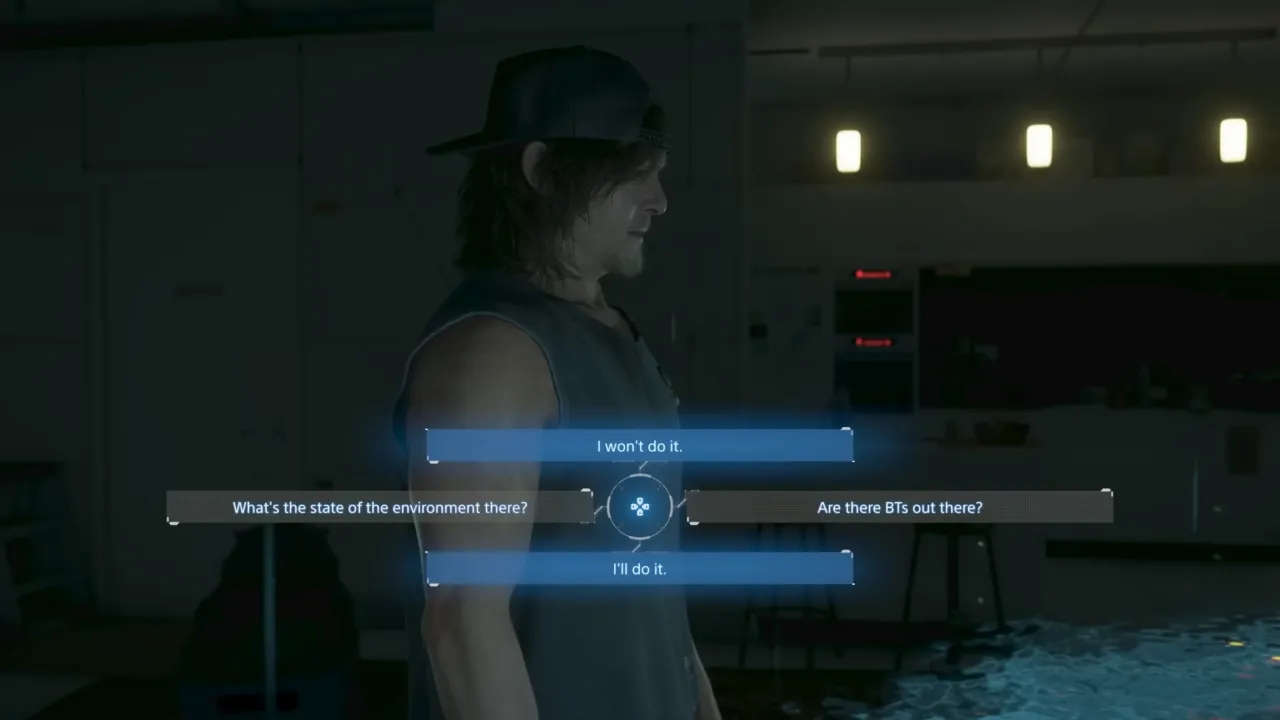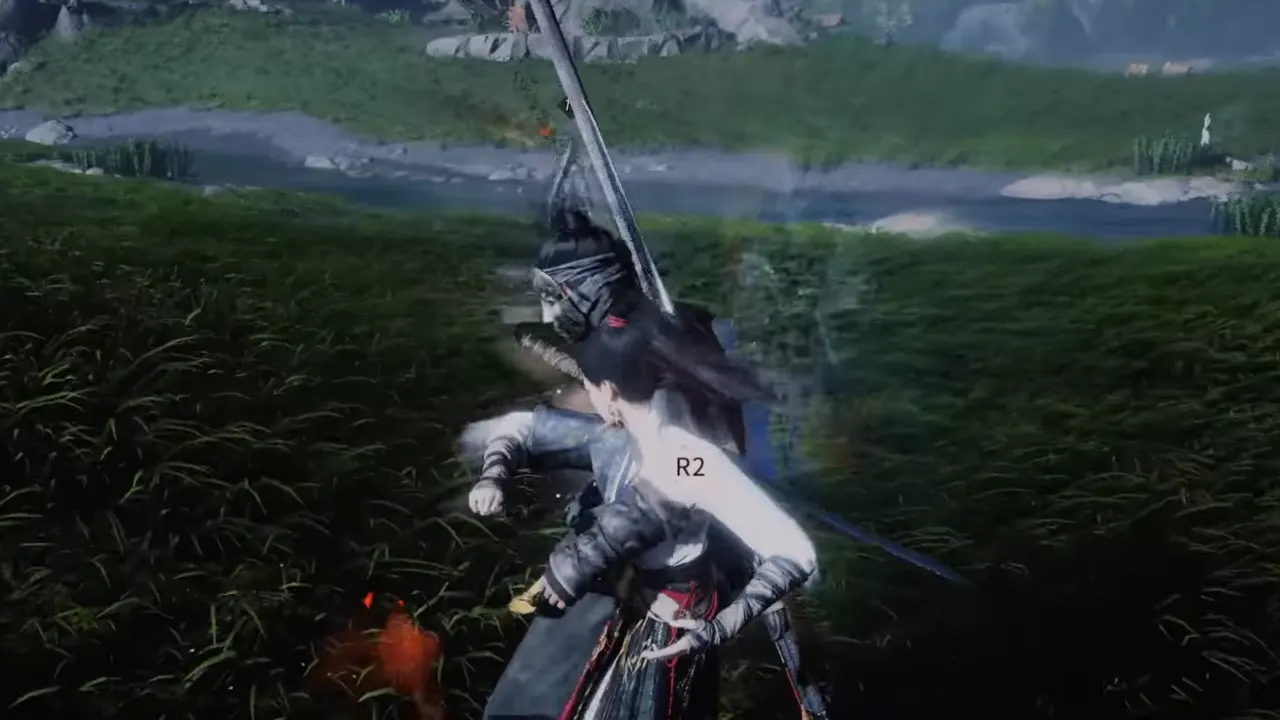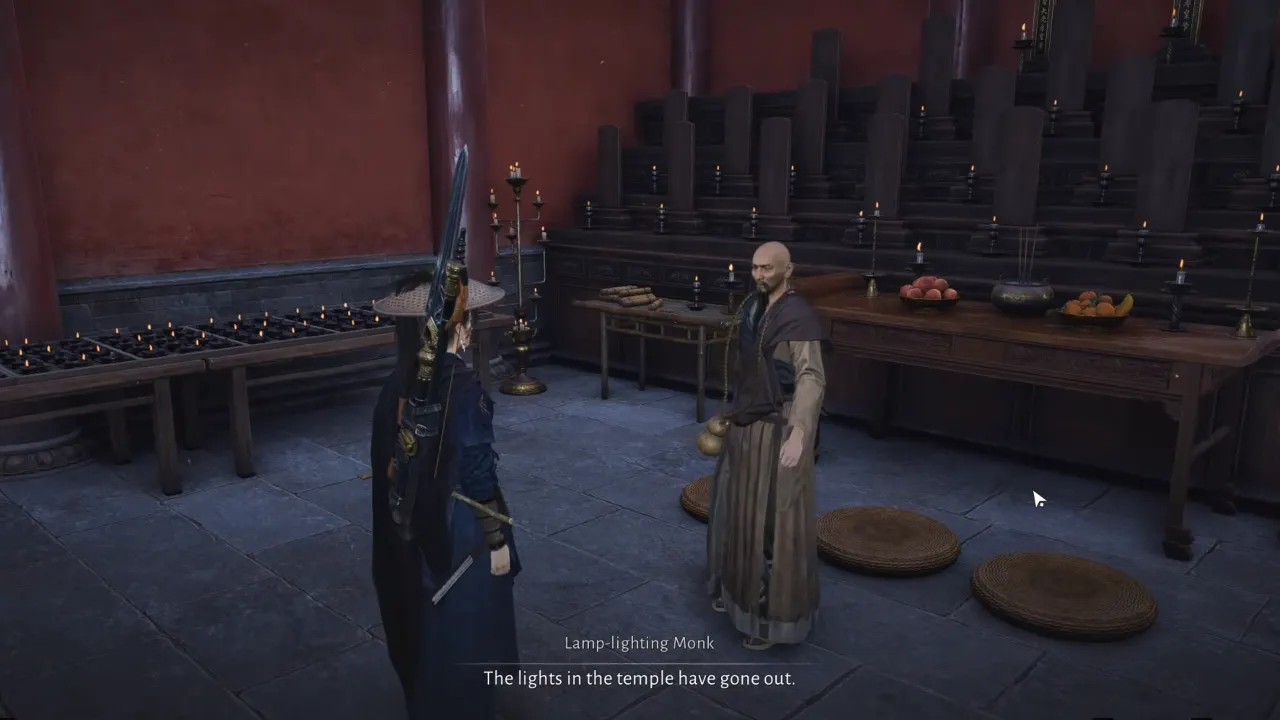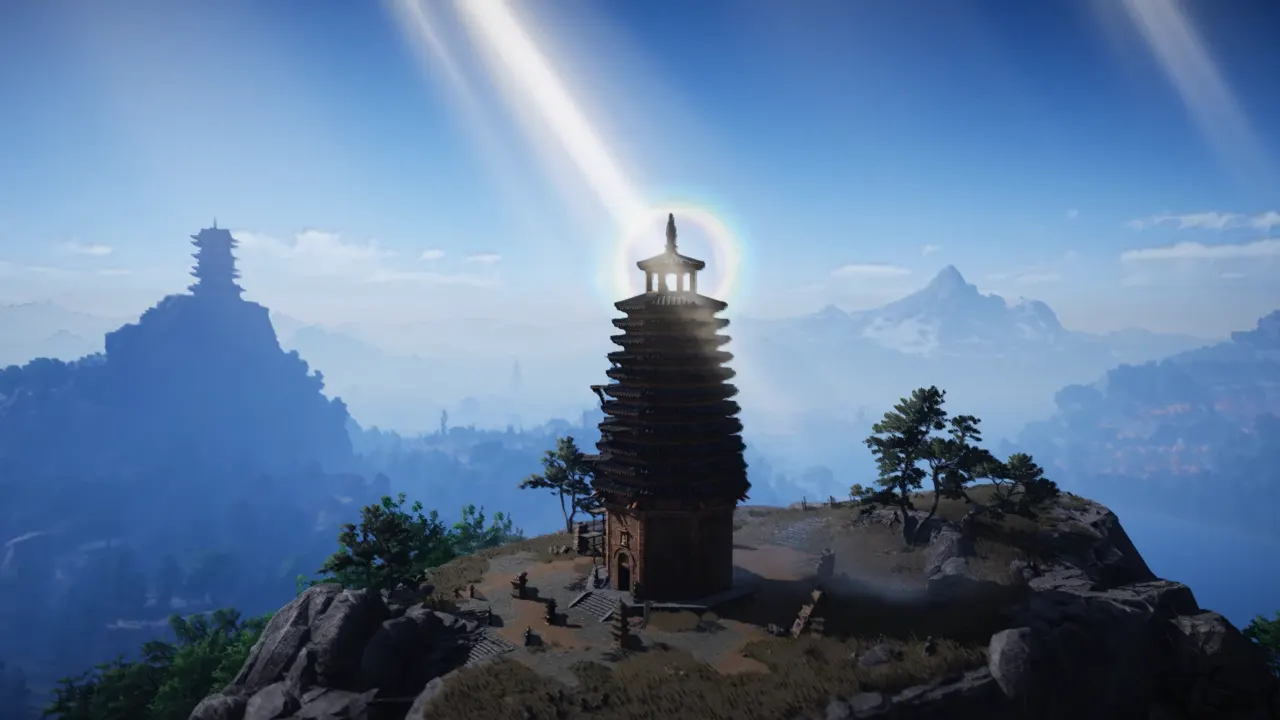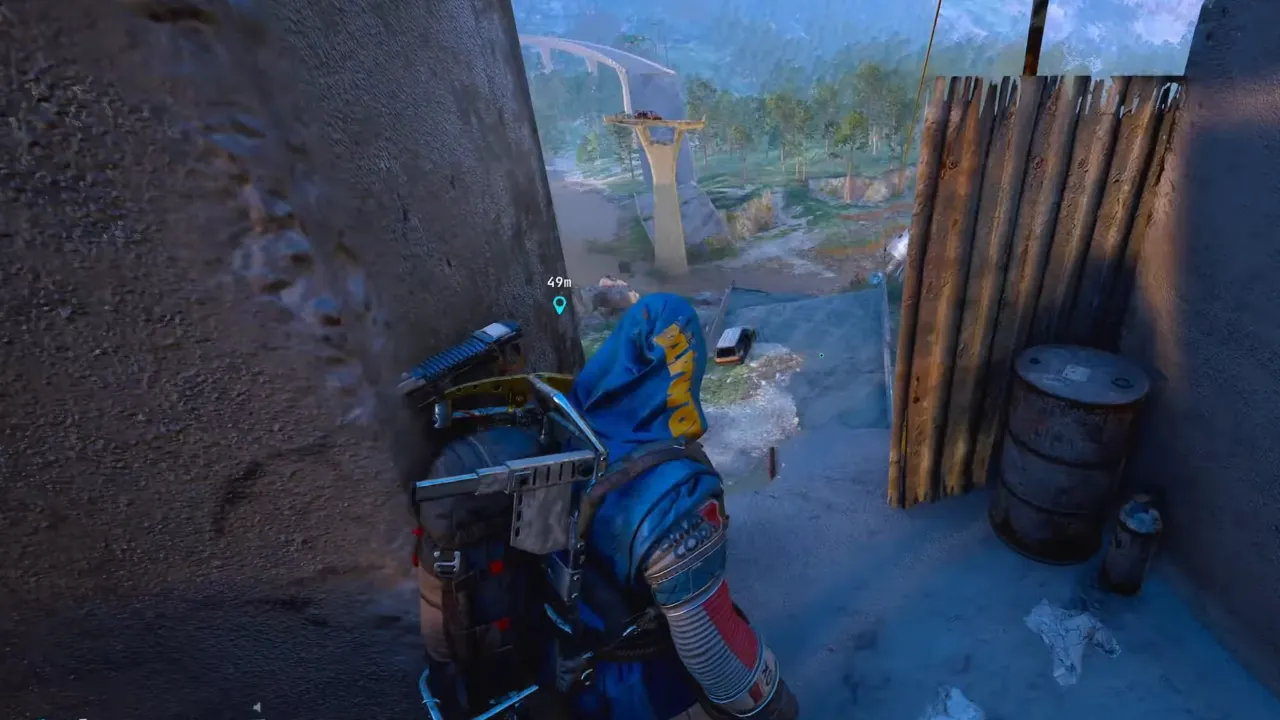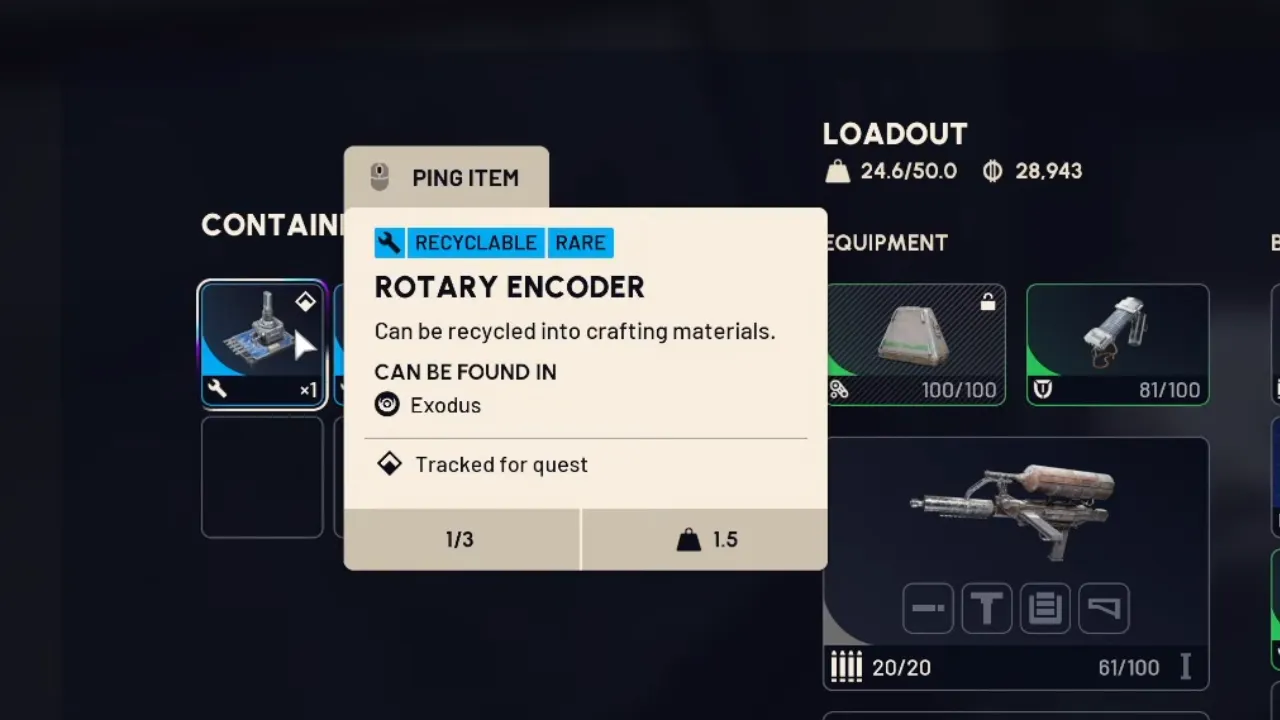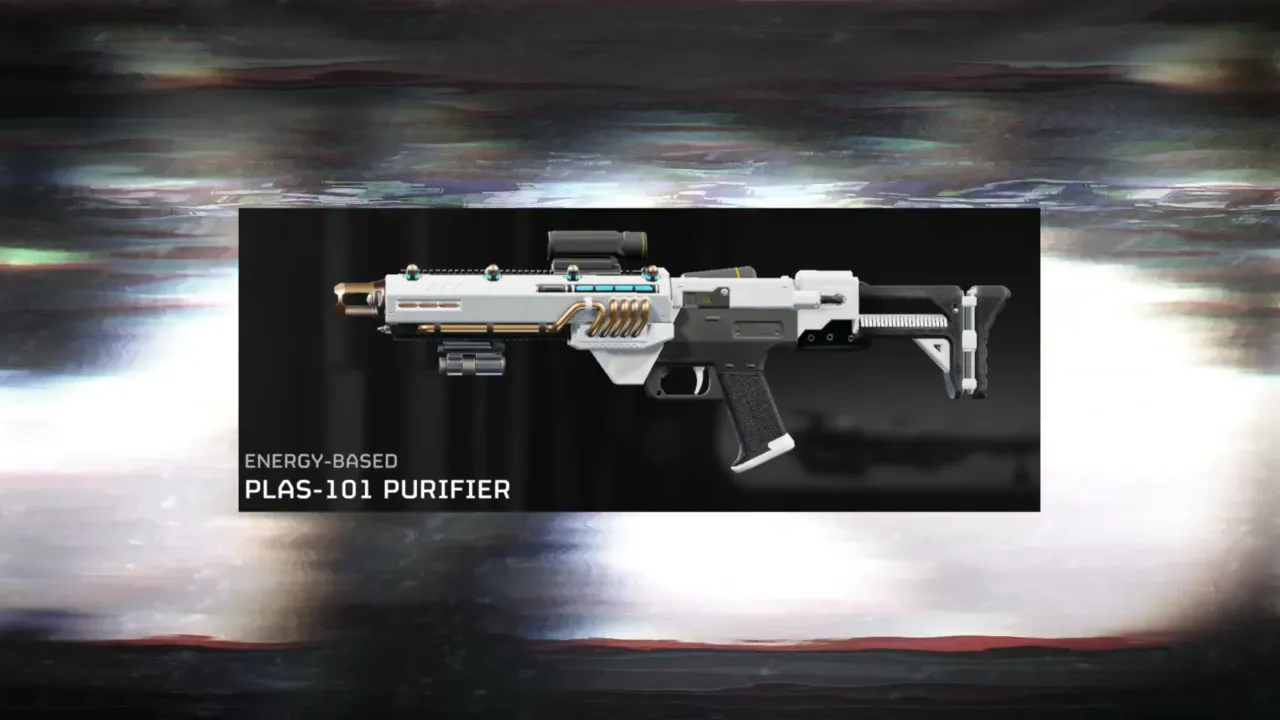Support GamesRecon and add us as your preferred source on Google.
Add SourceWhen I first launched Death Stranding 2: On the Beach, I wasn’t prepared for how Kojima would toy with my expectations right out of the gate. In the intimate prologue, Sam Porter Bridges has retreated into isolation in Mexico, living with Lou, his tender-hearted Bridge Baby. Then, Fragile shows up here and urges him back into the fray by asking for help to go back to Mexico to connect it with the Chiral Network to expand the network.
Here you will see the “I’ll do it” or “I won’t do it” choice. It’s okay to be confused about what to do in this so early choice dilemma as I also hesitated at first, so I’m here to explain what these choices mean and what consequences they have.
What Happens If You Pick “I won’t do it” in Death Stranding 2: On the Beach?
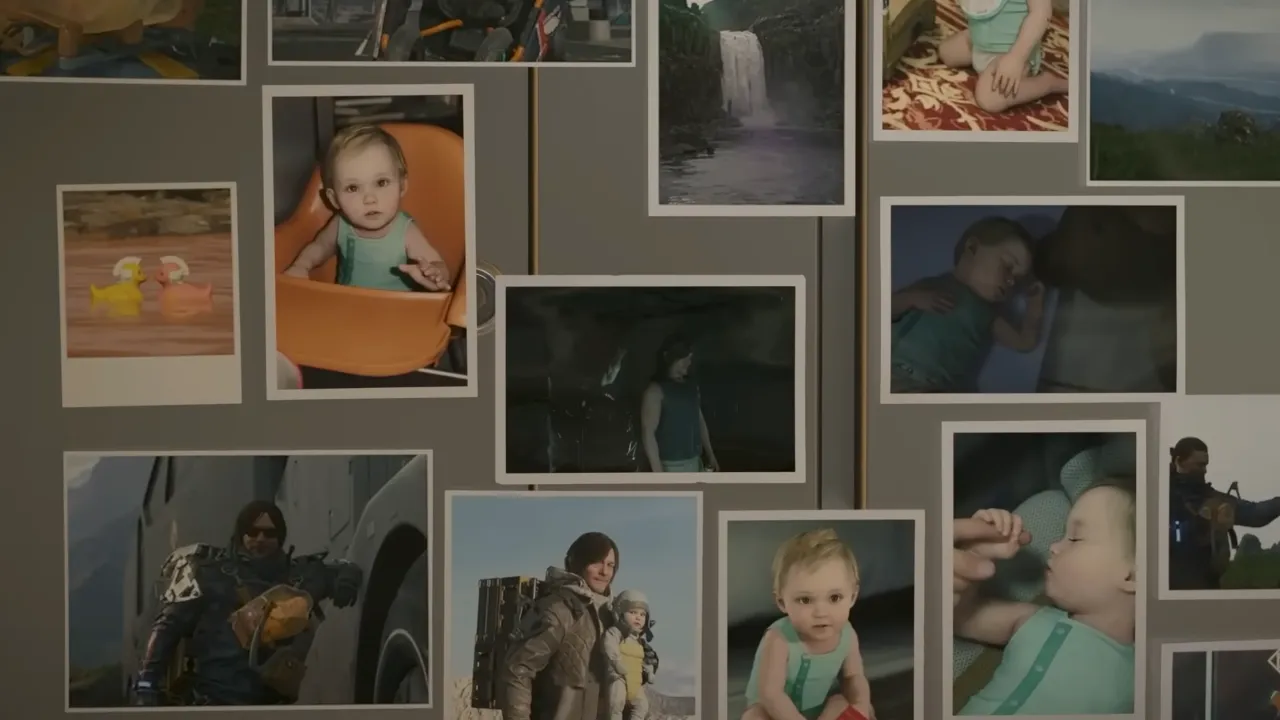
If you choose “I won’t do it” when Fragile arrives at the beginning of Death Stranding 2, the game doesn’t let you get away with it. First, you have to exhaust a few dialogue options like “Why me?”, “Any other reasons?“, and “Can I ask you something?” before that “I won’t do it” line appears. But when you do finally say no? It doesn’t change anything. The screen fades to black, and you’re dropped right back into the cutscene again, like some weird déjà vu loop.
The second time you refuse Fragile, the game leans into the little even harder. It rewinds again even further back at scenes of Sam and Lou before focusing the camera on another picture and pushing you right back into Fragile’s offer. Ultimately, though, there’s no other timeline or hidden ending for refusing. You have to accept the Fragile offer to move forward. So yes, saying “I won’t do it” is funny once or twice, but eventually you’ll be forced to the point where “I’ll do it” is your only way forward. Lou stays with Fragile, and Episode 1 begins; time to start walking again.
In short, this Death Stranding 2 early choice is less a fork in the road than a mirror. It doesn’t change the narrative, but it deepens your connection to Sam’s world and his heartbreakingly human dilemma.
Follow GamesRecon on Google News for the latest gaming updates.
Follow on Google News

